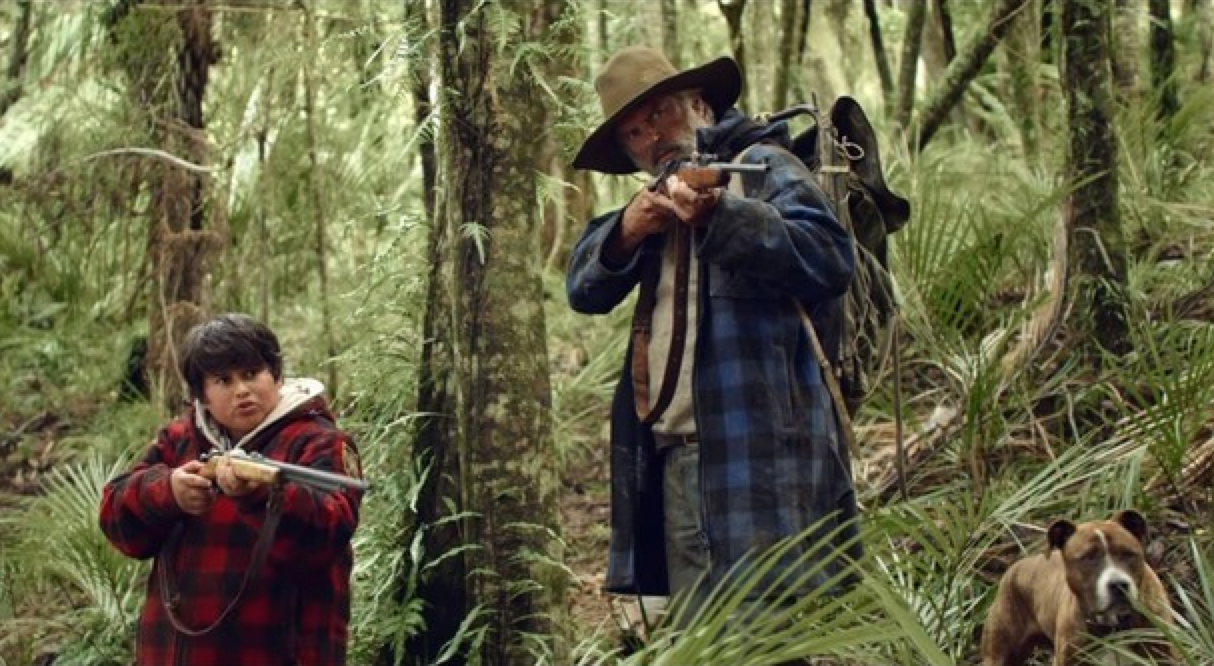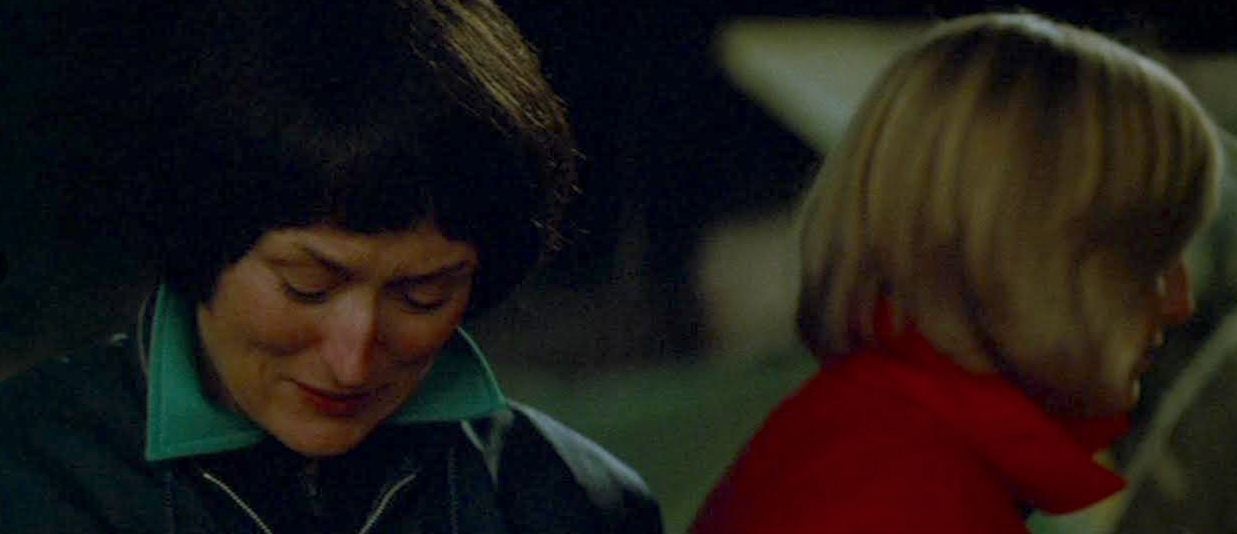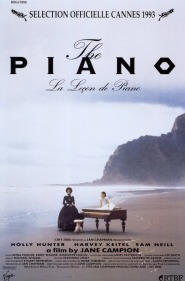Team Experience is at the Tribeca Film Festival. Here's Jason on "Hunt For the Wilderpeople".

About a year ago director Taika Waititi showed us the homier side of Nosferatu & Co with the vampire comedy What We Do in the Shadows... and the very next thing I knew he was being hired to direct the third Thor movie for Marvel. I always felt like a step was missing in there, and sure enough here's Hunt for the Wilderpeople, the adorable little rainbow bridge he took on over to the big leagues.
An adaptation of the well-loved 1986 novel Wild Pork and Watercress by New Zealand's favorite author slash adventurer Barry Crump, Wilderpeople feels more like a proper Movie than Shadows did - whereas that was a collection of funny bits hung together by silly string, this time out there's a more novelistic approach, with explicit chapter titles and also things like a beginning, a middle, and an end. An emotional journey, if you will! One that doesn't skimp on the giant pig monsters (which okay let's be honest, those are probably what got him Thor 3).
City slicker, street urchin, and roundly rejected foster kid Ricky (Julian Dennison) shows up to his latest familial assignment with a boar-sized chip on his shoulder, which Aunt Bella (a sweetly no-nonsense Rima Te Wiata) immediately sets about slaughtering. Uncle Hec (don't call him Uncle), played by Sam Neill with a beard it takes you a few minutes to find a face under, doesn't want any part of Ricky's rigamarole, but cue the heart strings as they're eventually forced to work together against the odds and find common ground, the music swells, a hug in front of a sunset in slow-motion.
Hold up though - thankfully the film is aware of those smarmy cinematic precedents (smarmy classics like the Stallone arm-wrestling epic Over the Top come to mind) and without being cutesy about it demolishes the cliches through good old fashioned hard-fought and battle-fatigued excellence. It's funny and true and a fine wilderness adventure to boot, snuffling out all emotional beats at its own pace, when it damn well feels like it, to the tune of its own drummer and the toot of its own horn section. It's like Rushmore in the bush - yes, it's Bushmore. Straight up magestical, people. Grade: B+
 Tuesday, February 25, 2020 at 3:17PM
Tuesday, February 25, 2020 at 3:17PM  If I've said it once I've said it a million times (I've definitely said it a million times) -- Jurassic Park is my Star Wars. Lil' Jason saw the original film in the theater thirteen times when it hit in 1993, a record that stood tall until Call Me By Your Name struck fancy twenty-five years later. I was obsessed, and locked myself in for life on seeing all of the sequels no matter what.
If I've said it once I've said it a million times (I've definitely said it a million times) -- Jurassic Park is my Star Wars. Lil' Jason saw the original film in the theater thirteen times when it hit in 1993, a record that stood tall until Call Me By Your Name struck fancy twenty-five years later. I was obsessed, and locked myself in for life on seeing all of the sequels no matter what.





